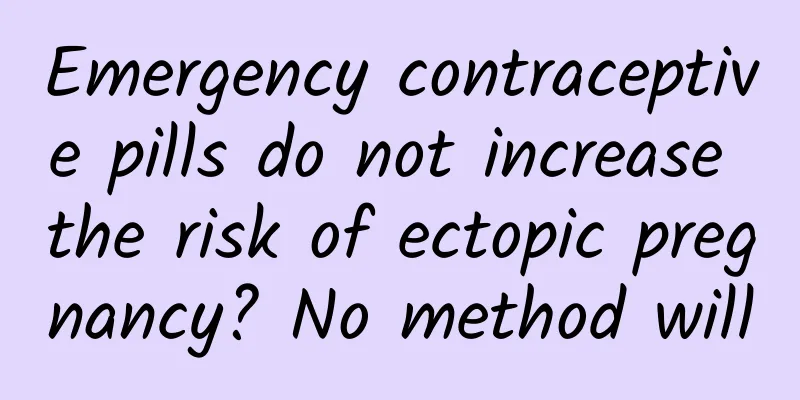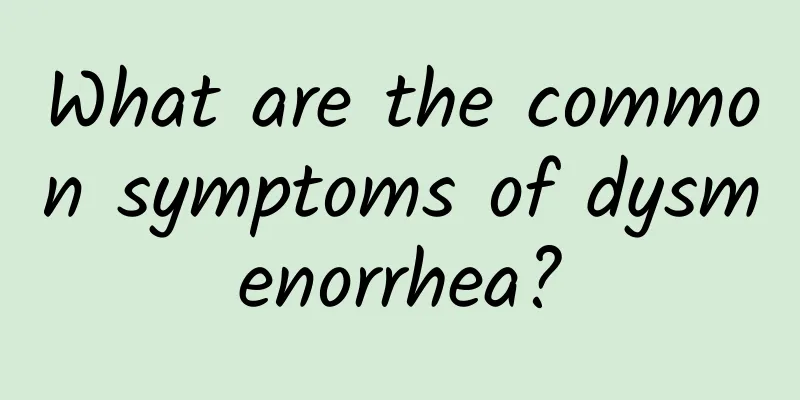Emergency contraceptive pills do not increase the risk of ectopic pregnancy? No method will

|
In fact, emergency contraceptive pills and ectopic pregnancy (commonly known as ectopic pregnancy) are also issues that those of us who study emergency contraception have always been concerned about. A research survey showed that among 45,842 women who used emergency contraception, there were only 5 cases of ectopic pregnancy (2 using 50 mg mifepristone, 1 using 10 mg mifepristone, and 2 using levonorgestrel). The conclusion of the review is that any emergency contraceptive method will not increase the occurrence of ectopic pregnancy. As emergency contraceptives (especially levonorgestrel) become over-the-counter (OTC) drugs in more and more countries, their safety has attracted more attention. In 2009, at the initiative of Professor Beth (Family Health Institute FHI) and Professor Trussell (Princeton University), we jointly conducted a project to collect articles on emergency contraceptives published before August 2009, and used the statistical analysis method of evidence-based medicine to explore the relationship between emergency contraceptives and ectopic pregnancy. A total of 136 eligible studies (including non-randomized controlled studies) were collected, including 114 studies in China and 22 studies abroad. There were 35,867 women taking mifepristone for emergency contraception: 494 cases of contraceptive failure, including 3 cases of ectopic pregnancy, with an incidence of 0.6%; there were 15,696 women taking levonorgestrel for emergency contraception: 307 cases of contraceptive failure, including 3 cases of ectopic pregnancy, with an incidence of 1.0%; the incidence of ectopic pregnancy in the general pregnant population is 0.8-2.0%; it can be seen that emergency contraceptive pills do not increase the incidence of ectopic pregnancy, but can reduce it. Of course, for emergency contraceptive pills, you must understand the following points: 1) Emergency contraceptive pills are a temporary remedy to prevent unwanted pregnancy after unprotected intercourse. The earlier you take them, the better the contraceptive effect. 2) The contraceptive effectiveness of emergency contraceptive pills is significantly lower than that of conventional oral contraceptive pills, and the side effects are relatively higher than those of conventional contraceptive methods; 3) Never use emergency contraceptive pills as regular contraceptive methods frequently or repeatedly; 4) Regular contraceptive methods must be implemented immediately after using emergency contraceptive pills, otherwise the failure rate will increase; 5) If you vomit within 2 hours after taking emergency contraceptive pills, you must take another pill immediately; 6) The failure rate of emergency contraceptive pills increases if there are multiple unprotected sexual intercourses within a menstrual cycle; 7) Continuing pregnancy after failure of emergency contraceptive pills does not increase the incidence of birth defects. |
<<: Can the ectopic pregnancy test paper detect it? It can only detect pregnancy
>>: Can ectopic pregnancy test strips be detected? Check at the hospital
Recommend
How to prevent cervicitis in daily life
Cervicitis mainly refers to a major inflammatory ...
Spring weight loss fruit! Eat 6 loquats a day
Loquat is an important fruit in spring. Its yello...
How long does it take for cervical precancerous lesions to recur?
What is the probability of recurrence of cervical...
What are the early symptoms of cervical erosion in women? To prevent cervical erosion, you must know these causes
Cervical erosion used to be a disease that troubl...
Treatment of ovarian cysts
Symptoms of ovarian cysts may include abdominal p...
Will you lose weight by eating meal replacements? Can you tell the difference between meal replacement powder and protein powder? Nutritionists say...
In order to lose weight, some people choose to re...
What will happen if vulvar leukoplakia lasts a long time?
If vulvar leukoplakia persists for a long time, i...
What are the harmful effects of uterine fibroids?
Among gynecological diseases, uterine fibroids is...
The more you eat, the hungrier you get? Eating juice and white bread will not make you full but may lead to obesity
Are you more hungry after just eating than before...
Check hygiene! Dajia Mazu Festival: Eat Healthy
The nine-day and eight-night Mazu pilgrimage proc...
What tests should be done for pelvic peritonitis
There are many women around us who will suffer ce...
What are the dietary taboos for uterine effusion?
Patients with uterine effusion must follow a scie...
Several common symptoms of vaginal candidiasis
It is understood that many female friends suffer ...
Can syphilis be cured?
Can syphilis be cured? Early syphilis is highly c...
Why do I get uterine fibroids? How to treat uterine fibroids
Uterine fibroids are the most common tumors of th...









